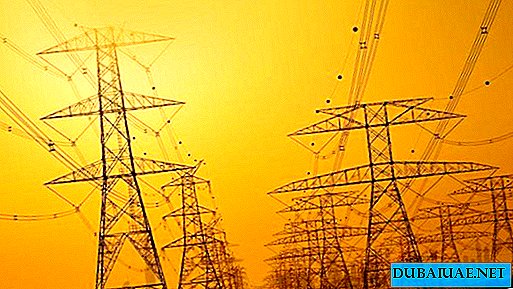According to the results of the study, residents of the United Arab Emirates are wasting electricity.

A recent study showed that people in the UAE were wasting electricity on cooling empty homes in the summer.
Thousands of people participated in a YouGov survey commissioned by Taqeef, a leader in energy solutions. The survey was devoted to the habits of electricity use by residents of the UAE.
The study showed that 25% of respondents do not turn off the air conditioners while they are not at home, and 24% admitted that they leave them on even when they go on vacation in the summer.
The group of people who are most focused on efficient energy consumption are expats from Arab countries: 72% of those polled turn off air conditioners for the holidays. After the Arabs followed by exits from Asia - 67%, then expats from Western countries - 62%.
The study also showed a link between income, marital status, and energy consumption.
42% of those surveyed with a monthly income of 75 thousand dirhams and more, most likely, will not turn off the air conditioners, followed by married couples (29%), married couples with children (24%), followed by people living alone (23%).
However, despite the results, the level of awareness of the impact of excessive use of electricity on the environment among residents of the UAE remains quite high. About 74% of respondents admitted that they are aware that excessive use of electricity is harmful to nature.
Based on research data, as well as the fact that Dubai was previously recognized as the city with one of the highest carbon emissions per capita in the world, Taqeef launched the market’s trained temperature controllers.
“New technologies provide us with cheaper and more efficient ways to maintain a comfortable temperature in homes throughout the summer season. We should change our habits and take more responsible attitude to electricity consumption,” said Taqeef CEO Mr. Tariq Al Huseyn.










